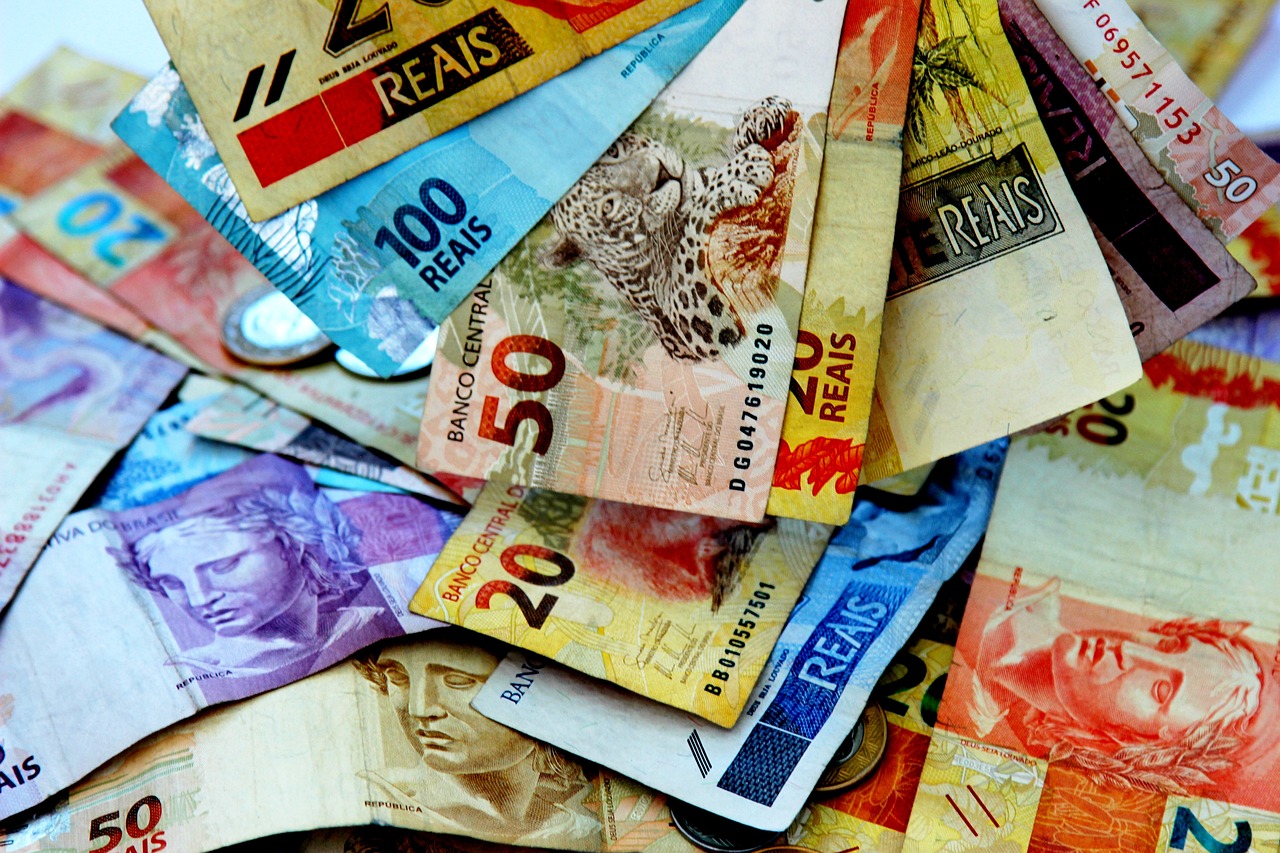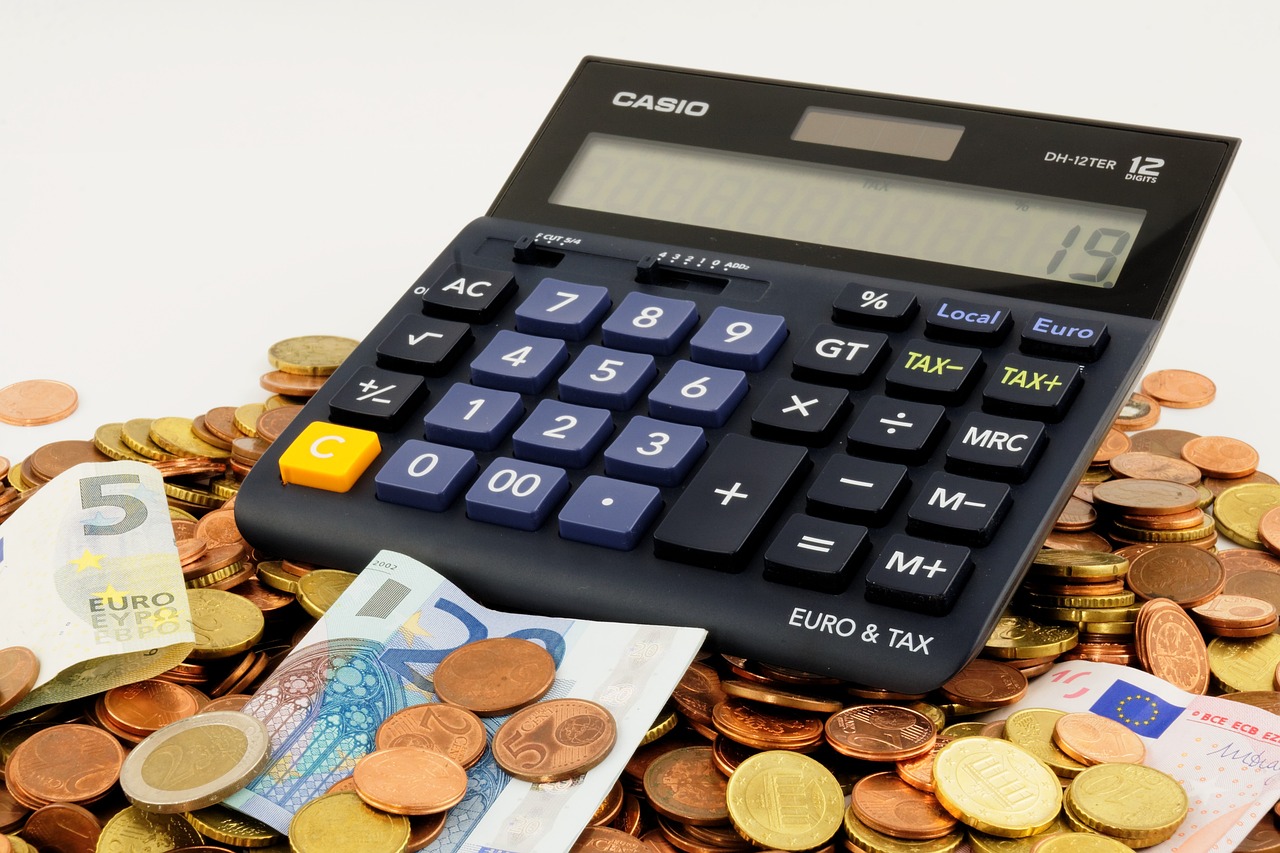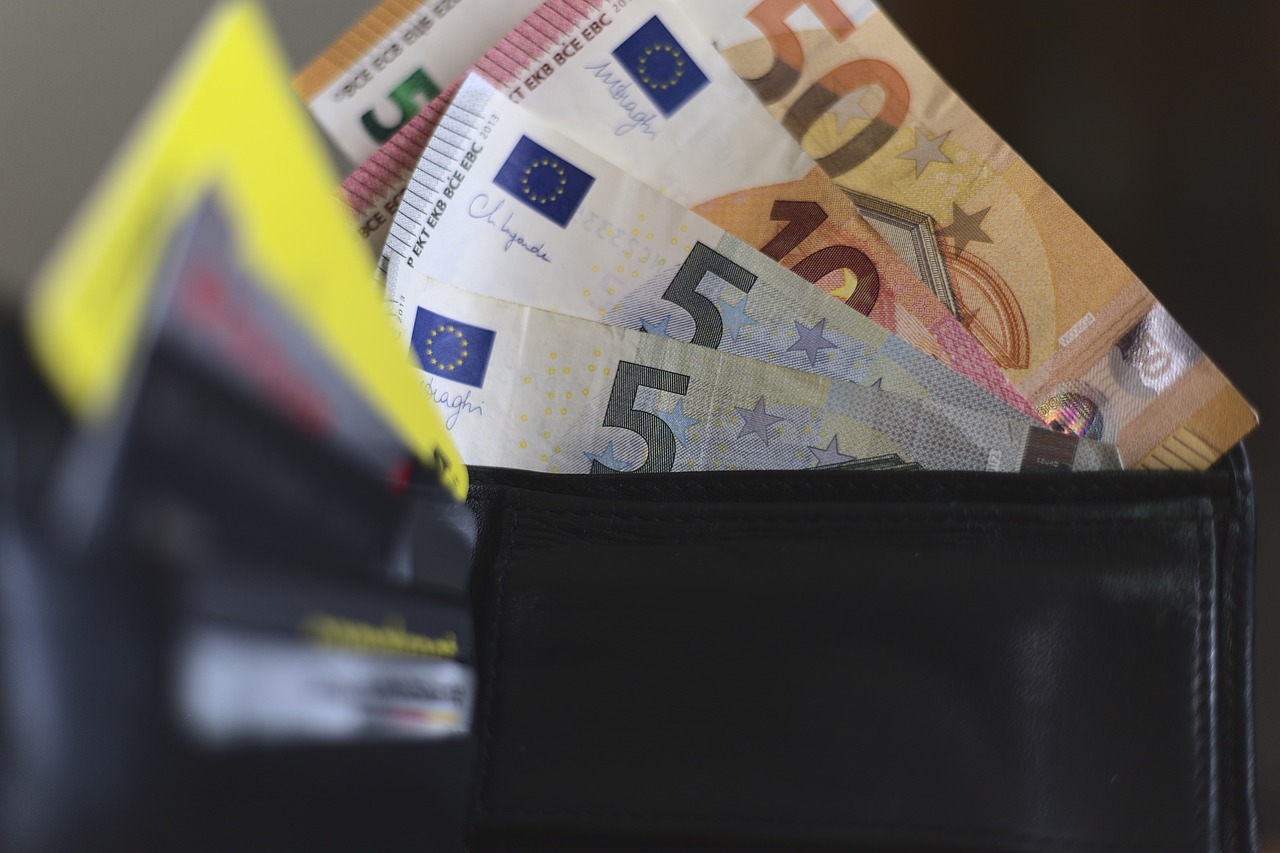USD to SGD Exchange: Government Regulation, Real Estate Impact, Credit Card Rates, and Conversion Fee Tips in Singapore
GPT_Global - 2025-11-02 18:00:52.0 22
Does the Singaporean government regulate the exchange rate for USD to SGD?
Singapore’s exchange rate policy is unique and carefully managed by the Monetary Authority of Singapore (MAS). Unlike many countries that use interest rates as their main monetary tool, Singapore focuses on managing the Singapore dollar (SGD) against a basket of foreign currencies, including the U.S. dollar (USD). This approach helps maintain price stability and supports the nation’s export-driven economy. While the SGD is not fixed to the USD, its exchange rate is allowed to fluctuate within an undisclosed policy band that MAS adjusts periodically. For remittance businesses, understanding this exchange rate management is essential. Since the Singaporean government closely monitors and subtly regulates the USD to SGD rate, fluctuations are typically moderate, providing a stable environment for international money transfers. This stability benefits both individuals sending money to Singapore and businesses dealing with cross-border transactions. By leveraging this stable currency framework, remittance providers can offer more predictable exchange rates and competitive transfer fees. Whether you’re sending money from the U.S. to Singapore or vice versa, the regulated nature of Singapore’s exchange rate system ensures transparency and confidence for customers worldwide.
How much is 1 USD worth compared to the Singapore dollar in terms of real estate prices?
When sending money overseas, particularly for real estate investments in Singapore, it's crucial to understand the value of the USD compared to the Singapore dollar (SGD). The exchange rate plays a significant role in determining how far your US dollars will stretch when purchasing property in the Lion City.
As of recent data, 1 USD is worth approximately 1.35 SGD, but this value can fluctuate due to various global economic factors. For remittance businesses, this means that a stronger USD offers more purchasing power in Singapore, making it an attractive option for investors from the US.
Real estate prices in Singapore are generally high, but with the right exchange rate, investors can make their money work harder. Understanding the exchange rate and how it affects real estate investments is crucial for those looking to remit funds for property purchases. Using reliable remittance services that offer competitive rates can maximize the value of your transaction and help you secure the best deal in Singapore’s real estate market.
For remittance businesses, offering competitive exchange rates and ensuring timely transactions can significantly impact property investments. Clients can achieve better returns by staying informed about exchange rate trends and working with trusted services.
Can I get a better exchange rate for USD to SGD by using a credit card instead of cash?
When it comes to exchanging USD to SGD, many individuals wonder whether using a credit card offers a better exchange rate compared to exchanging cash. The truth is, credit card providers often offer competitive exchange rates that can be more favorable than those offered by currency exchange services at physical locations.
Credit card companies typically apply their own exchange rate, which is updated regularly and can be more favorable than local cash exchanges. However, keep in mind that credit cards may charge foreign transaction fees, which could offset any potential gains from a better exchange rate. These fees can range from 1% to 3% of the transaction value.
On the other hand, using cash for USD to SGD exchange can involve hefty conversion fees, especially if you're using an airport or hotel exchange service. While cash offers the flexibility of immediate access, the exchange rate is often less competitive.
Ultimately, the best option depends on your situation. If you're not being charged foreign transaction fees and you're using a card with a good exchange rate, a credit card could be a smart choice for currency exchange. However, if you are concerned about fees, cash may be a safer bet.
What is the minimum amount of USD I should exchange to get the best rate in Singapore?
When considering remittance to Singapore, one crucial question is: What is the minimum amount of USD I should exchange to get the best rate? The answer varies depending on several factors, including the exchange provider, timing, and specific market conditions.
Generally, exchange rates tend to favor higher transaction amounts. This is because remittance services often offer better rates for larger sums due to reduced operational costs per unit of currency exchanged. For instance, exchanging $1,000 USD or more may unlock a more favorable exchange rate compared to smaller amounts like $100 USD or $200 USD.
It's also important to keep an eye on the timing of your transaction. Currency exchange rates fluctuate throughout the day, so choosing the right moment can make a difference. Many remittance providers offer rate alerts, which can help you track when the rates are most advantageous.
In conclusion, to get the best exchange rate in Singapore, consider sending a larger amount, such as $1,000 USD or more, while also timing your transaction carefully. Always research remittance services that offer competitive rates and low fees to maximize your transfer value.
How do currency fluctuations between 1 USD and SGD affect Singaporean imports and exports?
The fluctuations between the US Dollar (USD) and the Singapore Dollar (SGD) can have significant implications for Singapore's imports and exports, particularly in the remittance sector. As the USD strengthens, it makes Singaporean exports more competitive in international markets. This is because a stronger USD means that Singapore’s products become cheaper for foreign buyers, boosting demand.
On the flip side, a stronger USD makes imports more expensive for Singapore. When the USD is strong, businesses in Singapore may face higher costs for goods imported from the United States or other countries using USD for trade. This can lead to price increases, impacting both consumers and businesses.
For the remittance business, these fluctuations can affect the cost of sending money from Singapore to other countries. When the SGD weakens against the USD, remittance recipients in USD-based countries may receive more in their local currency. Conversely, a stronger SGD could lead to a reduction in the amount received, affecting the financial well-being of recipients.
Understanding currency fluctuations is essential for businesses and individuals involved in international trade or remittance services to make informed decisions and manage financial risks effectively.
What’s the historical significance of 1 USD when compared to the Singapore dollar post-independence?
The historical significance of the 1 USD to Singapore dollar exchange rate post-independence is a fascinating journey, showcasing Singapore's economic transformation. In 1965, when Singapore gained independence, the Singapore dollar (SGD) was pegged to the British pound. At that time, the value of 1 USD was much higher than the SGD. Over the years, the country’s strong economic policies and rapid industrialization helped the SGD appreciate, making it more competitive on the global stage.
Today, 1 USD is worth significantly less compared to the Singapore dollar, reflecting the strength and stability of Singapore's economy. For businesses in the remittance industry, this historical shift plays a crucial role in determining transfer costs. As the SGD strengthens, remittance services find themselves offering more favorable exchange rates, benefiting senders and receivers alike. This trend highlights how currency fluctuations affect global financial transactions, particularly in international remittance markets.
Understanding these historical trends is vital for anyone involved in cross-border transfers. The strength of the Singapore dollar offers a unique advantage for people sending money to Singapore, as it provides a more valuable return for every dollar sent. Remittance services can help users navigate these shifts for the best financial outcomes.
Does Singapore have a fixed or floating exchange rate for USD to SGD?
```htmlWhen sending money internationally, understanding the exchange rate system of the destination country is essential. In Singapore, the exchange rate for USD to SGD is not fixed but managed through a floating exchange rate system. This means the value of the Singapore Dollar (SGD) in relation to the US Dollar (USD) fluctuates based on market forces of supply and demand.
The Monetary Authority of Singapore (MAS) oversees the exchange rate policy, adjusting it as necessary to ensure economic stability. While the SGD generally appreciates in value over time, it can still experience volatility, influenced by global economic conditions, trade relations, and other factors. For businesses and individuals in the remittance industry, understanding these fluctuations is critical for optimizing the value of money sent across borders.
If you're looking to send money to Singapore, it's important to stay updated on the current exchange rate trends, as even minor changes can impact the amount received. Working with a remittance service that provides competitive exchange rates will help you maximize your transfers and minimize losses due to unfavorable currency movements.
```How can I avoid high fees when converting 1 USD to SGD in Singapore?
When sending money abroad or converting currency, high conversion fees can quickly eat into your funds. If you're looking to exchange 1 USD to SGD in Singapore, here are some ways to avoid excessive fees and get the best deal.
Firstly, compare exchange rates and fees between different remittance services, banks, and currency exchange providers. Often, rates can vary significantly, so it’s worth taking a few minutes to check online rates before you make a decision.
Another tip is to avoid airport kiosks or hotel exchange services, as they tend to offer the least favorable rates. Instead, look for reputable remittance companies or local currency exchange outlets offering competitive rates without hidden fees.
Additionally, consider using a digital remittance service or online platform, as they often offer better rates and lower fees compared to traditional banks or physical outlets. You can send money directly to your bank account or a mobile wallet in Singapore, making the process more convenient and cost-effective.
Lastly, keep an eye on transaction fees. Some services may advertise low conversion rates but charge high fees per transfer. By understanding the full cost structure, you can save money and ensure you get the best exchange rate for your USD to SGD conversion in Singapore.
About Panda Remit
Panda Remit is committed to providing global users with more convenient, safe, reliable, and affordable online cross-border remittance services。
International remittance services from more than 30 countries/regions around the world are now available: including Japan, Hong Kong, Europe, the United States, Australia, and other markets, and are recognized and trusted by millions of users around the world.
Visit Panda Remit Official Website or Download PandaRemit App, to learn more about remittance info.


